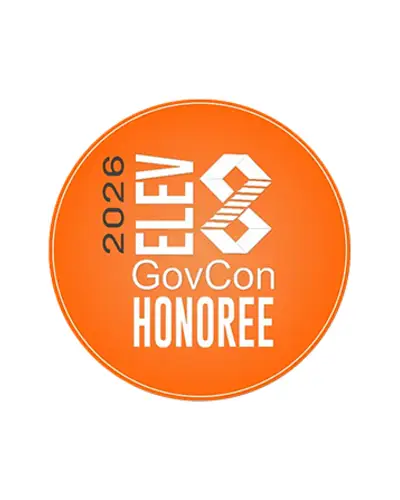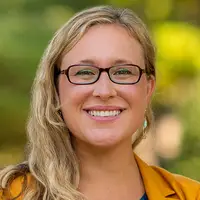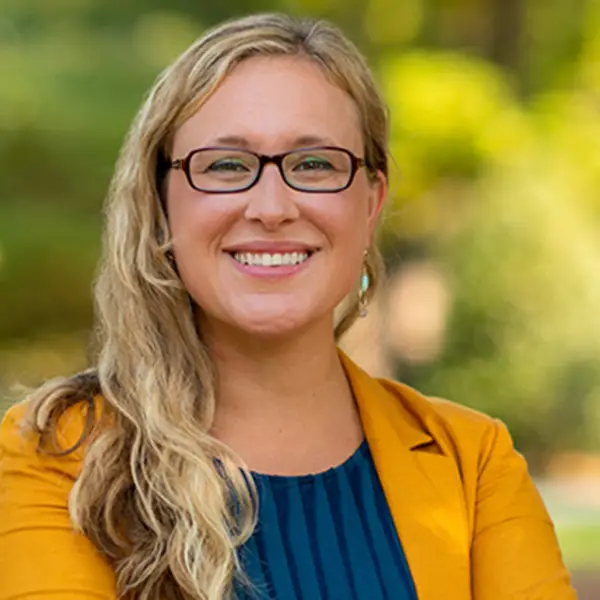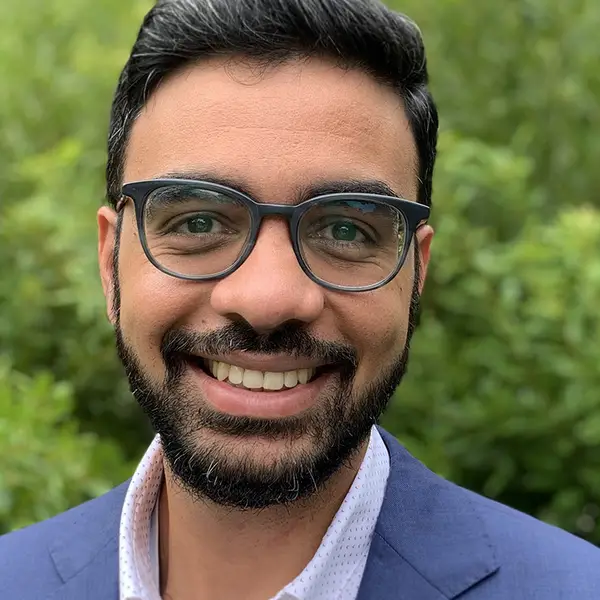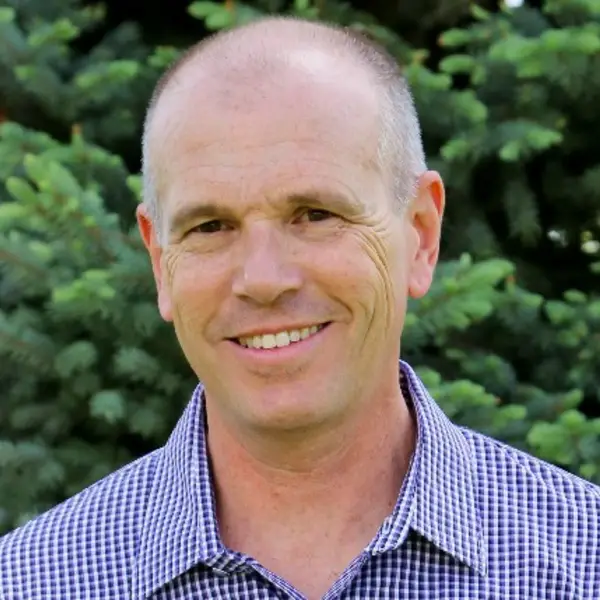Commitment to the Possible
At RTI International, an unwavering commitment to the possible drives us. RTI delivers innovation, efficiency and real-world results to support safer and healthier U.S. communities, more prosperous outcomes for our clients and a stronger nation.
Addressing PFAS
Per- and polyfluoroalkyl substances (PFAS), known as "forever chemicals," have garnered significant attention due to their widespread use and persistence in the environment. We work with manufacturers, utilities, businesses, and other partners to tackle the PFAS problem through testing, assessment, remediation, and alternatives.
Our Experts
By The Numbers
0
PFAS compounds
> 0 %
of people in the U.S. have a form of PFAS in their bodies
Featured Insights
Experts Available for Interview
RTI Press® Publications
RTI Press® is a global publisher of peer-reviewed, open-access books, reports, and briefs. We publish on a broad range of topics reflecting RTI’s multidisciplinary research, expertise in social and laboratory sciences, and extensive international activities.


